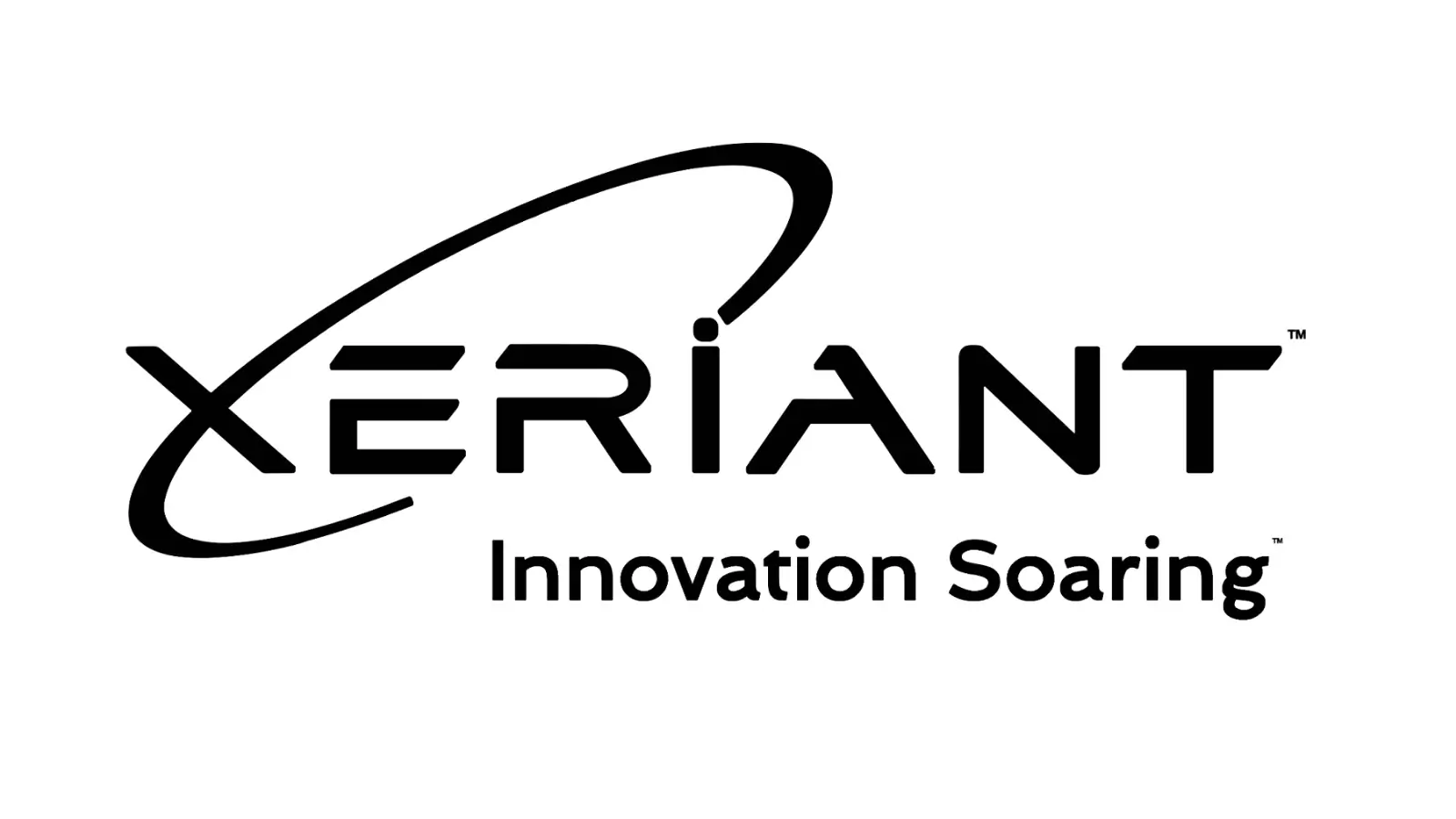In recent years, the sweepstakes casino business model has emerged as a game changer in the gaming industry, attracting both entrepreneurs and players alike. By cleverly navigating around traditional gaming regulations, these innovative businesses offer exciting gaming experiences without the hefty legal constraints that often accompany conventional casinos.
As more entrepreneurs dive into this lucrative market, they're not just reshaping the way people play; they're also challenging the status quo of regulatory frameworks. This disruption opens doors for fresh opportunities while sparking debates about the future of gaming legislation. Understanding this evolving landscape is crucial for anyone interested in the intersection of entrepreneurship and gaming.
Sweepstakes Casino Business Model Overview
The emergence of a distinctive gaming model has significantly influenced the industry landscape. This innovative approach bypasses conventional gaming regulations while delivering thrilling entertainment to players much like how a sweepstakes casino real money platform offers engaging gameplay without the same restrictions as traditional casinos. Entrepreneurs are seizing this opportunity to redefine the gaming experience.
Definition of Sweepstakes Casinos
Sweepstakes casinos operate on a unique premise that allows players to engage in gaming activities without the constraints of traditional gambling laws. Participants purchase entry fees for virtual currencies or tokens, which then provide access to various games as a form of entertainment. Players can win prizes, often cash or merchandise, through these games, creating an enticing environment. This model's legality stems from its classification as a promotional sweepstakes rather than a straightforward gambling operation.
Key Features of the Business Model
Several characteristics distinguish this model from traditional casinos. Firstly, the gaming experience emphasizes accessibility, as players can participate without risking substantial financial commitments. Secondly, a focus on customer engagement fosters loyalty, utilizing attractive promotions and bonuses to keep players returning. Thirdly, operators leverage technology for seamless user interfaces, offering mobile and web-based access to games. Additionally, regulatory environments are often more favorable, allowing for wider adoption in various regions. Lastly, this model attracts a diverse player base, appealing to both casual gamers and those seeking more intense competition—an approach often featured in business innovation spotlights.
Impact of Regulations on Traditional Gaming
Regulations significantly shape the landscape of traditional gaming, influencing business models, player accessibility, and the overall gaming experience. Historical precedents often restrict operations, mandating strict licenses and compliance protocols. Over the decades, various states and countries have instituted laws focused on protecting consumers and ensuring fair play. These regulations, while well-intentioned, sometimes hinder innovation and adaptiveness within the industry.
Historical Context of Gaming Regulations
Historically, gaming regulations emerged to address societal concerns surrounding gambling. In the early 20th century, many jurisdictions imposed prohibitions, reflecting cultural attitudes toward gaming. The legalization of lotteries and casinos in the late 20th century marked a turning point, driven by economic benefits and tax revenues. These developments necessitated the establishment of regulatory bodies to oversee compliance and maintain integrity. With the introduction of online gaming, legal complexities increased, prompting discussions about how regulations need to evolve to account for emerging technologies and player behaviors.
Challenges Faced by Entrepreneurs
Entrepreneurs in the gaming sector encounter numerous challenges related to regulations. Navigating complex legal frameworks often requires significant resources and expertise. Compliance costs can be burdensome, impacting profitability and market entry strategies. Additionally, uncertainties in regulation can create an unpredictable business environment, discouraging innovation. Entrepreneurs also face competition from both regulated entities and those operating in gray markets. Such pressures heighten the need for creative solutions to engage customers while adhering to regulatory standards. Adapting quickly to changing laws remains essential for long-term sustainability and success in a constantly evolving industry.
Case Studies of Successful Sweepstakes Casinos
Innovative Strategies Employed
Emerging gaming establishments leverage creativity to engage players and drive business. One strategy includes gamification, which incorporates game-like elements into user experiences, creating excitement and competition. Many of these businesses offer dynamic promotional campaigns that change frequently, drawing in visitors and encouraging participation. Others utilize social media platforms to facilitate community-building among players and share game-related content, fostering loyalty. Additionally, offering free trials or bonus tokens increases user acquisition, allowing players to experience the games without a commitment. By integrating unique technology, these enterprises enhance interfaces, ensuring seamless interactions that keep players returning.
Lessons Learned from Key Players
Successful ventures in this market showcase valuable insights regarding player preferences and operational practices. For instance, understanding the importance of compliance helps navigate legal landscapes effectively. Many enterprises emphasize transparency in their operations to build trust with their customer base. Equally vital is the focus on customer service; responsive support teams enhance player satisfaction and retention. Furthermore, partnerships with technology firms often drive innovation, yielding better gaming experiences. Adapting to feedback is also crucial; understanding player behavior leads to more tailored offerings and improved engagement. Ultimately, these lessons guide future entrepreneurs in crafting successful business models within this evolving industry.
The Future of Gaming Regulations
As the landscape of gaming evolves, discussions surrounding legislative changes become increasingly important. Traditional regulations often struggle to keep pace with innovative business models. Stakeholders advocate for reforms that reflect contemporary gaming practices while still addressing consumer protection and responsible gaming. These changes could lead to clearer guidelines and more inclusive regulations that cater to various gaming formats.
Potential Changes in Legislation
Anticipated shifts in legislation may emerge as governments respond to the rising popularity of alternative gaming platforms. Regulators may seek to establish clearer legal frameworks that acknowledge the legitimacy of new models while ensuring player safety. Potential changes may include differentiating between traditional gambling and non-gambling gaming experiences. This approach could lead to more streamlined licensing processes and enhanced enforcement of existing laws, making it easier for new operators to enter the market while maintaining regulatory oversight.
Implications for Entrepreneurs and Gamers
These legislative developments will have significant implications for entrepreneurs and players alike. Entrepreneurs may find opportunities for growth in newly established markets. An evolving regulatory environment could lead to reduced compliance costs, fostering innovation and encouraging the development of unique gaming experiences. For players, clearer regulations may enhance consumer confidence, ensuring a safer and more engaging environment. As businesses adapt to new legal frameworks, both entrepreneurs and gamers will navigate an increasingly complex landscape, with potential benefits for all parties involved.
Conclusion
The sweepstakes casino business model is reshaping the gaming industry in unprecedented ways. As entrepreneurs continue to explore this innovative approach they’re not only providing exciting experiences for players but also challenging traditional regulatory frameworks. This evolution opens doors for new market opportunities and encourages a fresh dialogue on gaming legislation.
With the potential for clearer regulations on the horizon both entrepreneurs and players stand to benefit from a more structured and accessible gaming environment. As businesses adapt and thrive in this dynamic landscape the future of gaming looks promising. It’s essential for stakeholders to stay informed and engaged as these changes unfold.

















